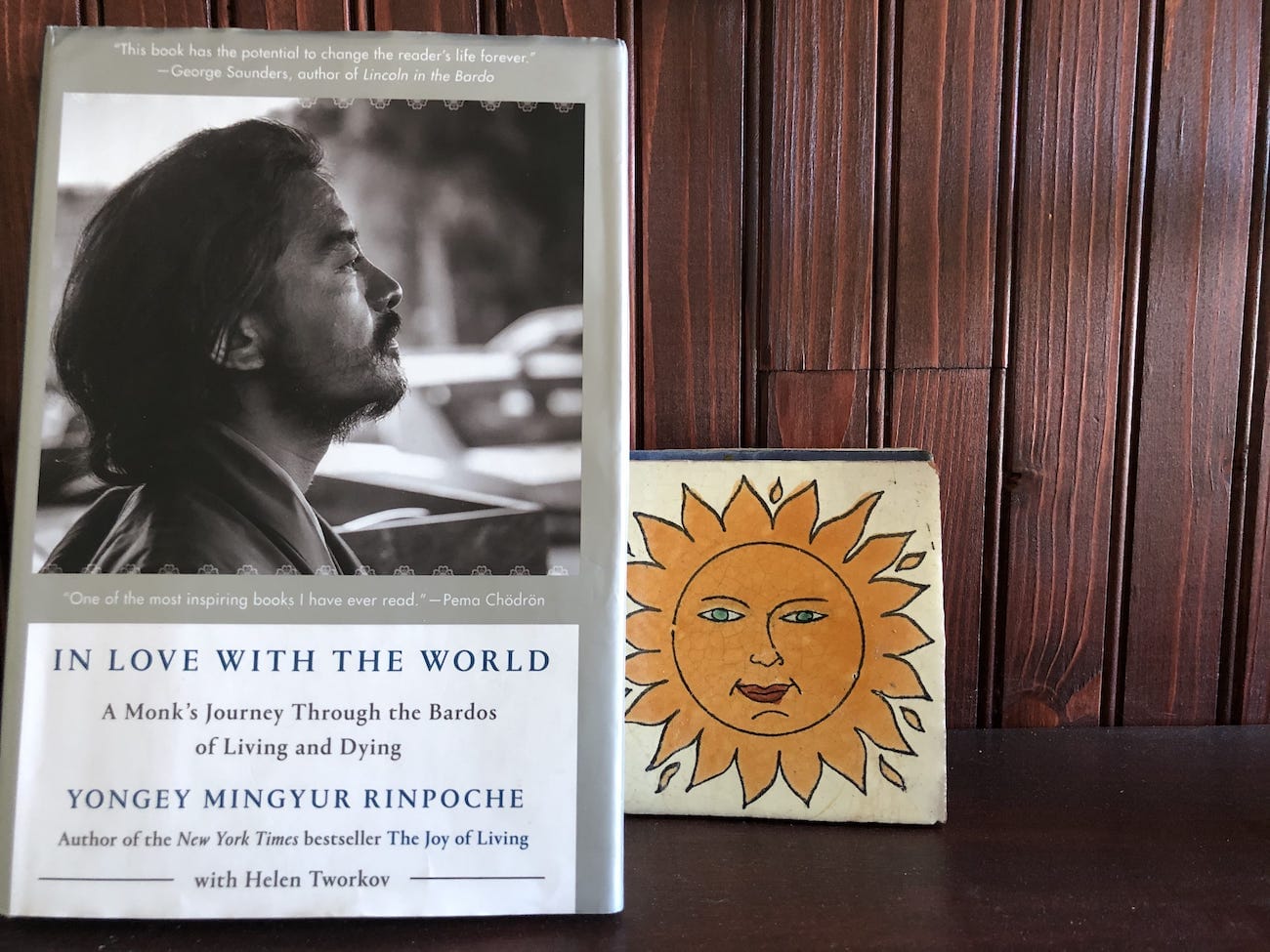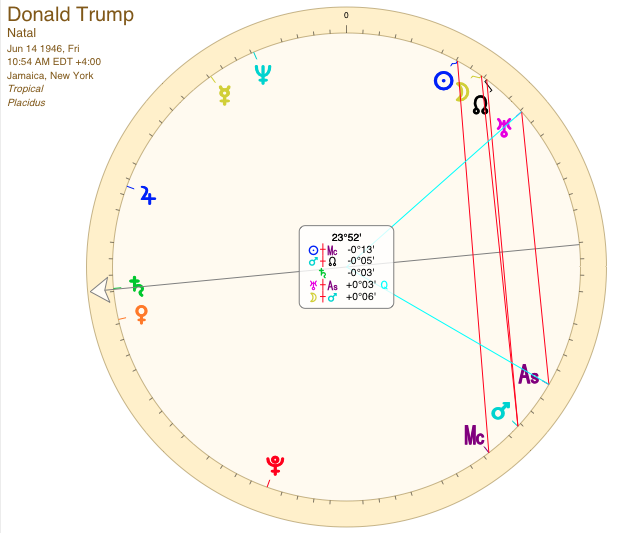
In love with the world
I finished reading *In Love With the World* by Yongey Mingyur Rinpoche, written with Helen Tworkov, a disciple. This monk is the son of a long line of Buddhist monks and has already made himself known for other books that I have not read. His most recent book intrigued me. Under the title, it reads *A Monk’s Journey Through the Bardos of Living and Dying*.
The story is simple, modeled on that of the Buddha. Rinpoche, a monk, already well established in his functions as a wise man, decided to leave everything to reach his full potential. We quickly get to the heart of the matter. The monk leaves on the sly because he knows very well that no one would have let him do it. He is a *tulku*, a reincarnation, and although his teaching was rigorous and ascetic, he was no less elevated in the cotton wool. Like Buddha. Poor, he remains rich, used to fine fabrics and impeccable food. His teaching is revered; Rinpoche never travels without his helper. Leaving all this to live in misery is madness, yet necessary according to the monk, in order to achieve the ultimate enlightenment that all Buddhists seek.
The book is exciting for this aspect. Having been around priests, but also theology students, I was able to feel the same detachment from the religious folklore that surrounds all religions, including Buddhism. Rinpoche is a frank intellectual, and the reader follows the slightest meanderings of his thought, very generous.
I had previously read an equally interesting book on the parallel between psychoanalysis and Buddhism, how these two ways of approaching liberation were both united and at the opposite ends of the spectrum, each taking a different approach to reach the center of oneself undoubtedly.
Rinpoche’s book is in line with this reflection. The man is at the same time imbued with certainties, but not without questions. The adventure he embarked on quickly put him to the test, and it is fascinating to read it. We learn a lot in a very few pages about what Buddhism is. This book is, therefore, valuable in this regard.
So I was thrilled for the first third of my reading. Then, an impatience, sometimes dissatisfaction began to emerge. The author makes great digressions to explain this, that. We often leave the adventure itself, an experience that lasted four years, but which will only be described for the first three or four weeks of the journey.
The story could be summarized as follows. After a week of walking from one train to another, experiencing some discomfort, but still living in minimal comfort, because he could still afford a room and food, Rinpoche finally decided to leave his monk’s robe, put on that of a poor man and, for lack of money, beg for his food.
The food he eats, leftovers from restaurants, gives him a fever, dengue fever. For two or three long chapters, he becomes delirious, resists, he’s in India and that it’s normal to have diarrhea. But things get worse, the fever increases, he starts to delirium, sees himself die consciously, learns to enjoy his *consciousness*. His explanations are both fascinating and... intellectual. He quickly approaches death, nothing exists anymore, everything exists, words clash. Obviously, knowing that the author is still alive and that he is telling his story, we know very well that he will get by... We would like him to succeed and move on to something else... I’m starting to skip pages, the text becomes a little repetitive. Always well written, of course, but nothing is learned anymore. Rinpoche is rescued by a good Samaritan who pays for the care at the hospital. The monk will leave two days later, eager to continue his journey. And that’s the end of the book.
I had the impression while reading this book that I was listening to my own questions again, to rub shoulders with some of my personal reflections and discoveries. They certainly do not have the depth and finesse of what is written in this book, but nevertheless, I have been through it a little bit, even if it does not necessarily lead me to somewhere. Kind of like that monk?
Make no mistake about it, this book is a good read. Buddhism is a journey between certainty and uncertainty. There is understanding only in learning to be aware of everything, and being aware of everything cannot be explained. It is the unspeakable, but since everything is strongly intellectualized and reasoned in this book, we end up abandoning ourselves to our lack of knowledge. It’s like the Big Bang of physicists. There is no *before the Big Bang*, there is only after. Understand who can. Mathematics, although a human invention, speaks louder than we do.
The book, therefore, deals, of course, with reincarnation, with more finesse and less esotericism to which we may have been accustomed, but this concept escapes me more than anything. I don’t understand the mechanics behind it. Consciousness would be pure, disembodied, the body is only a passage, and the logic of our conscious experience leads us to believe that the ego is not and is. In short, cul-de-sac and development. Impermanence reigns. But what else? Since the human race multiplies abundantly, how is the balance achieved in what is transformed since nothing is lost, nothing is created?
I remain almost hungry, left to myself once again. My daily life may not be an abandonment, an adventure that could be written in a book. Rinpoche would say it’s perfect that way. All you have to do is live your life, to be fully conscious second after second. It’s the only gift we have. There does not seem to be a donor. But the gift is there.

